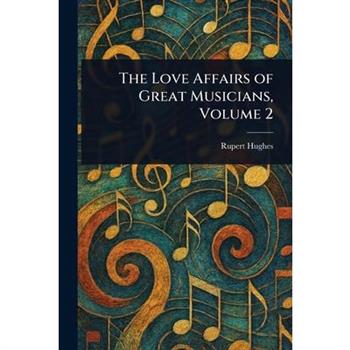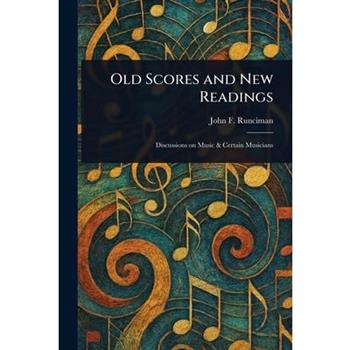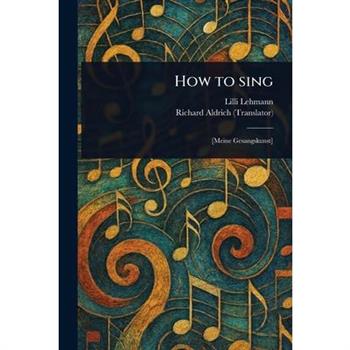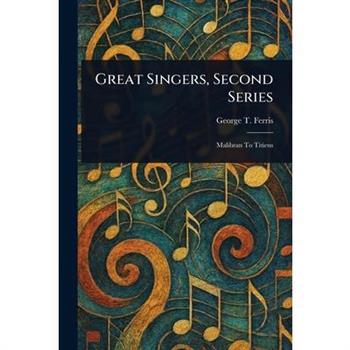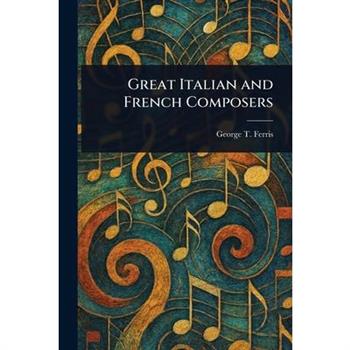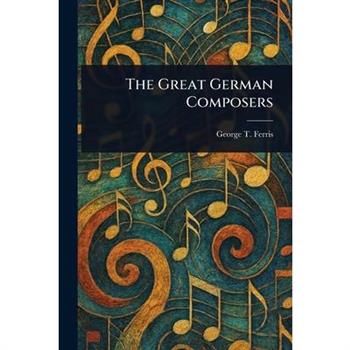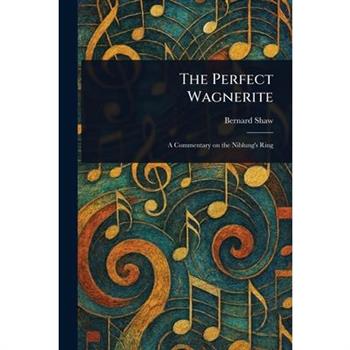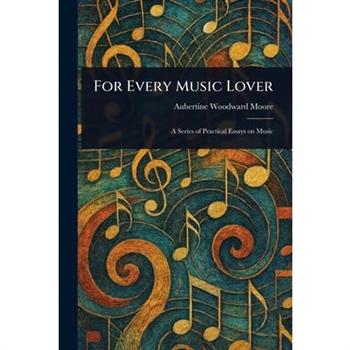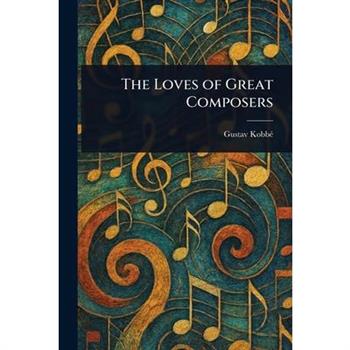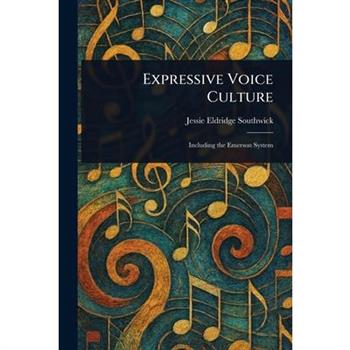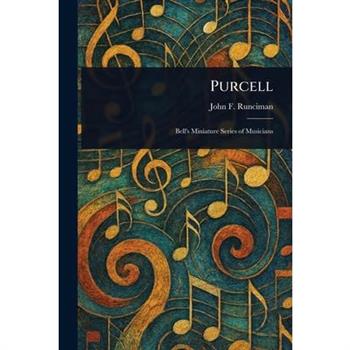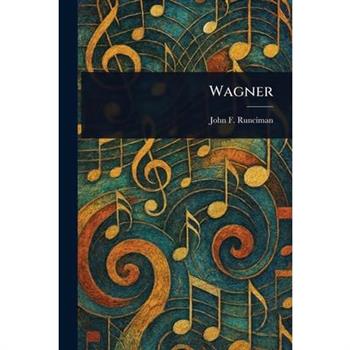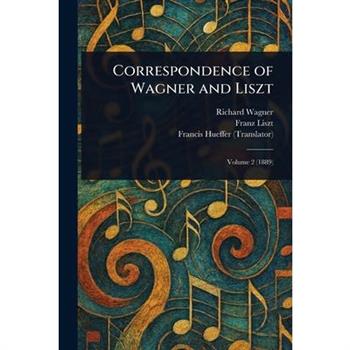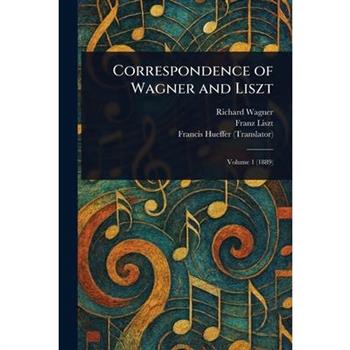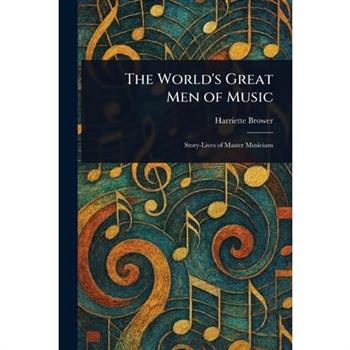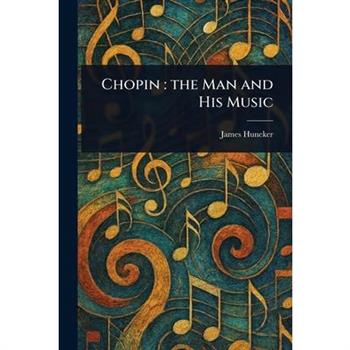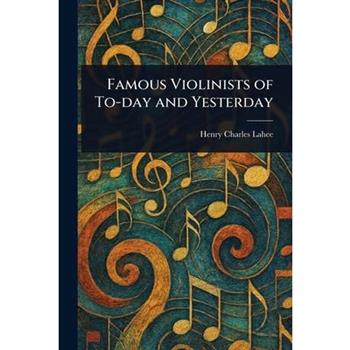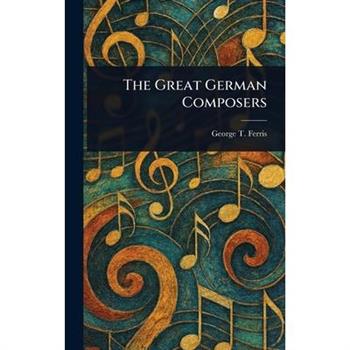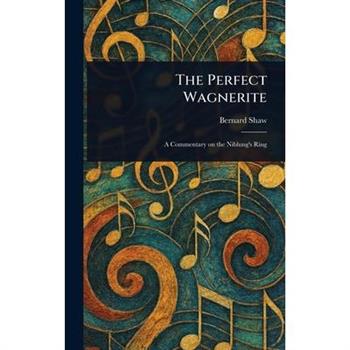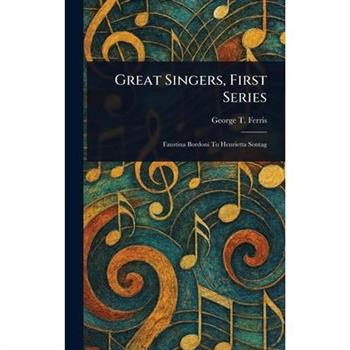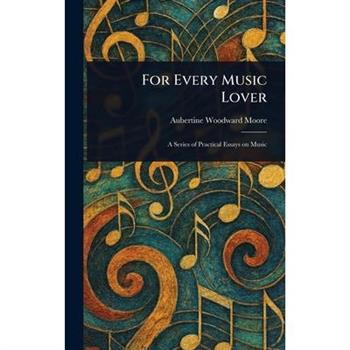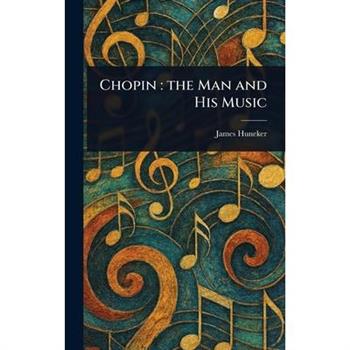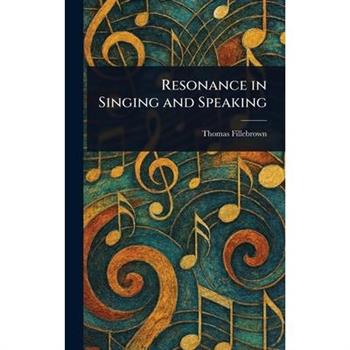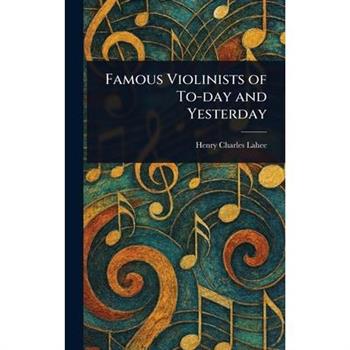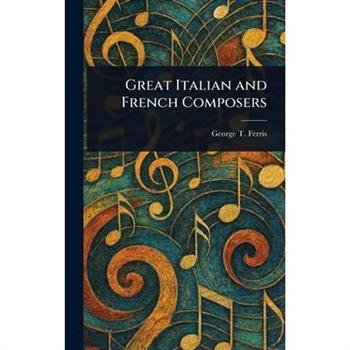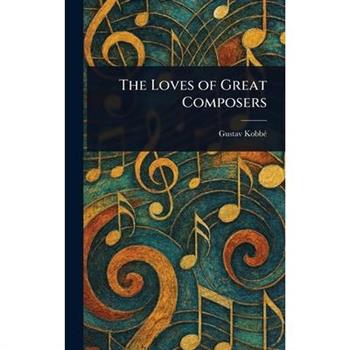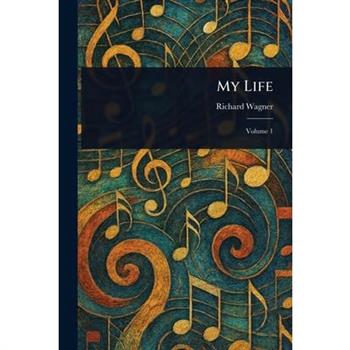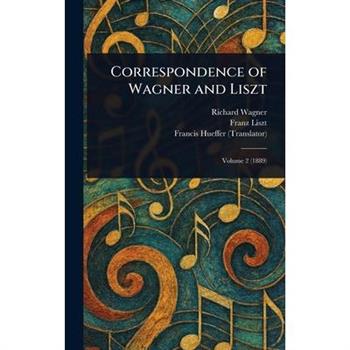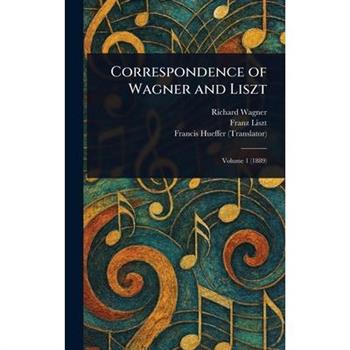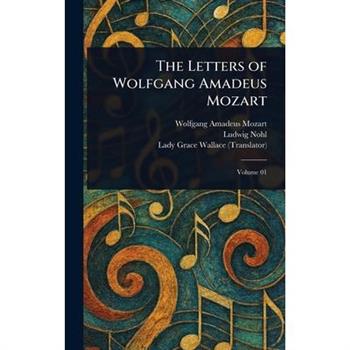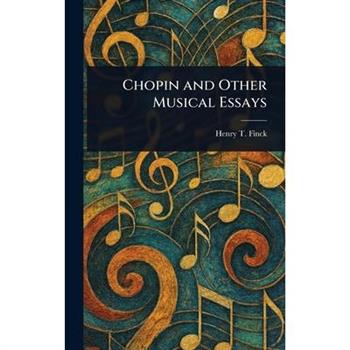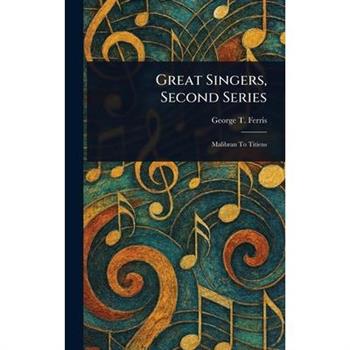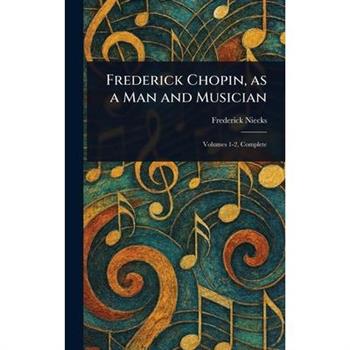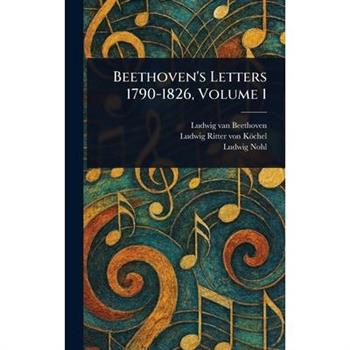Eyeliner's Buy Now
Michael Brown undertakes a thorough study of Eyeliner's BUY NOW, a vaporwave homage to the kitsch electronic sounds of the 1980s and 1990s. Eyeliner's BUY NOW (2015) belongs to a new genre for our times: vaporwave. Emerging in the early 2010s on the internet, vaporwave originated with a cohort of millennial artists who reimagined the musical soundtracks of 1980s-1990s consumerism with an adroit mixture of irony and sincerity. One of these was Eyeliner, the alias of New Zealand computer musician Luke Rowell (a.k.a. Disasteradio). For his vaporwave masterpiece, Rowell harnessed computer software to craft a unique album, a catchy, funky, and witty tour through the utopias of advertising at "the end of history." BUY NOW epitomizes a new kind of album for the internet age: made DIY-style, all digital, free, licensed under Creative Commons, and released to a "virtual" community, an online scene without geographic center. Drawing on original interviews and the album's production archive, this book uses BUY NOW's story to investigate what it means to create, distribute, and consume independent music in an era of global networks and digital technology. It places the album in both the real-world and online contexts of Rowell's life and career, from early websites to the Spotify era, from Lower Hutt to the world.
Brahms Patriotic and Political
Offers a historical context in which to understand how Brahms's three most intensely political and nationalistic works interact with questions of German patriotism, liberalism and nationalism. Johannes Brahms rarely composed music that engaged the national-political issues of the day. Three of his works, though, do precisely this: the F羹nf Lieder f羹r M瓣nnerchor; the Triumphlied for eight-part chorus and orchestra; and the Fest- und Gedenkspr羹che for eight-part chorus a cappella. In Brahms Patriotic and Political, David Brodbeck challenges notions that Brahms's political music evinces embarrassing anticipations of later Prussian militarism and German chauvinism. Instead, he provides a thick historical context in which to read these works and offers a more nuanced understanding of the intersections of Brahms's music and questions of German patriotism, liberalism, and nationalism than has been customary in the field of historical musicology. In particular, Brodbeck relates the M瓣nnerchor-Lieder to the debate over how and in what form a German nation-state might be achieved; he relates the Triumphlied to the euphoria but also the solemnity that attended the foundation of the German Reich; and he relates the Fest- und Gedenkspr羹che to the necessary work of instilling in the diverse German people a genuine sense of national belonging. At the same time, he traces Brahms's changing attitude toward Otto von Bismarck, the "Blacksmith of the Reich," whom he originally loathed but, in time, came to venerate.Brahms Patriotic and Political will appeal to readers with interests in both nineteenth-century German music and Central European history.
The Music Trade in Regional Britain, 1650-1800
Explores the breadth, diversity and significance of the commercial music trade and its communities across Britain during the late seventeenth and eighteenth centuries. Adding to the existing scholarship on music publishers and instrument makers, mostly based in London and the university cities, the collection challenges this historiography by offering the first collective narrative for the commercial trade in musical goods and services - including the printing, publishing and sale of printed music, the sale of manuscript music, musical instruments and related wares, and the tuning and general maintenance of musical instruments such as organs and pianos. Contributions draw on evidence from across the country of the trade's activities, networks and communities, and recognize the significance of small cities, market towns and regional hubs in cultural dissemination. The Music Trade in Regional Britain therefore contributes to a growing body of work offering a nationwide account of musical culture. It foregrounds a trade that was far more geographically dispersed, economically significant and culturally broad than has previously been acknowledged. CONTRIBUTORS: Stephanie Carter, Simon D.I. Fleming, David Griffiths, Nancy A. Mace, Martin Perkins, Christopher Roberts, Roz Southey, Matthew Spring, Robert Thompson
Let’s Spend the Night Together
Let's spend the night together explores how sex and sexuality provided essential elements of British youth culture in the 1950s through to the 1980s. It shows how the underlying sexual charge of rock 'n'roll - and pop music more generally - was integral to the broader challenge embodied in the youth cultures that developed after World War Two. As teenage hormones rushed to move to the music and take advantage of the spaces opening up through consumption, education and employment, so the boundaries of British morality and cultural propriety were tested and often transgressed. Be it the assertive masculinity of the teds or the lustful longings of the teeny-bopper, the gender-bending of glam or the subterranean allure of an underground club/disco, the free love of the 1960s or the punk provocations in the 1970s, sex was forever to the fore and, more often than not, underpinned the moral panics that fitfully followed any cultural shift in youthful style and behaviour. Drawing from scholarship across a range of disciplines, the Subcultures Network explore how sex and sexuality were experienced, presented, conferred, responded to and understood within the context of youth culture, popular music and social change in the period between World War Two and the advent of AIDS. The essays locate sex, music and youth culture in the context of post-war Britain: with a widening and ever-more prevalent media; amidst the loosening bonds of censorship; in a society shaped by changing patterns of consumption and the emergence of the 'teenager'; existing, as Jeff Nuttall famously argued, under the shadow of the (nuclear) bomb.




